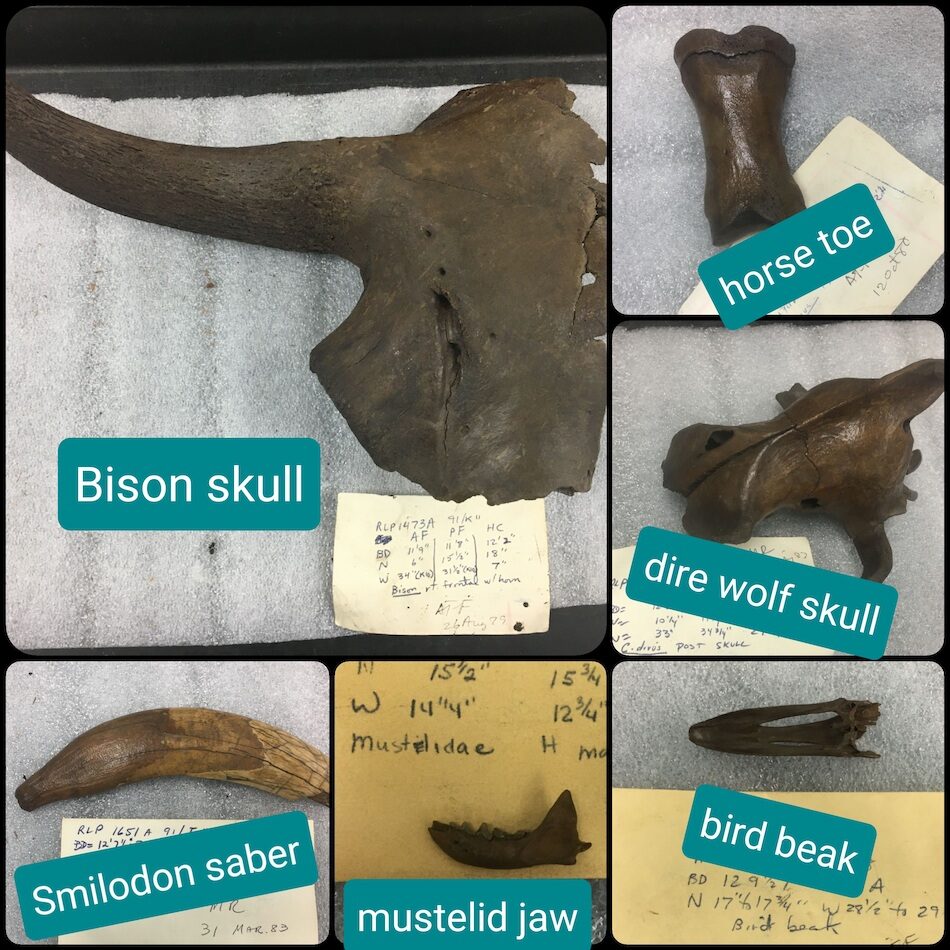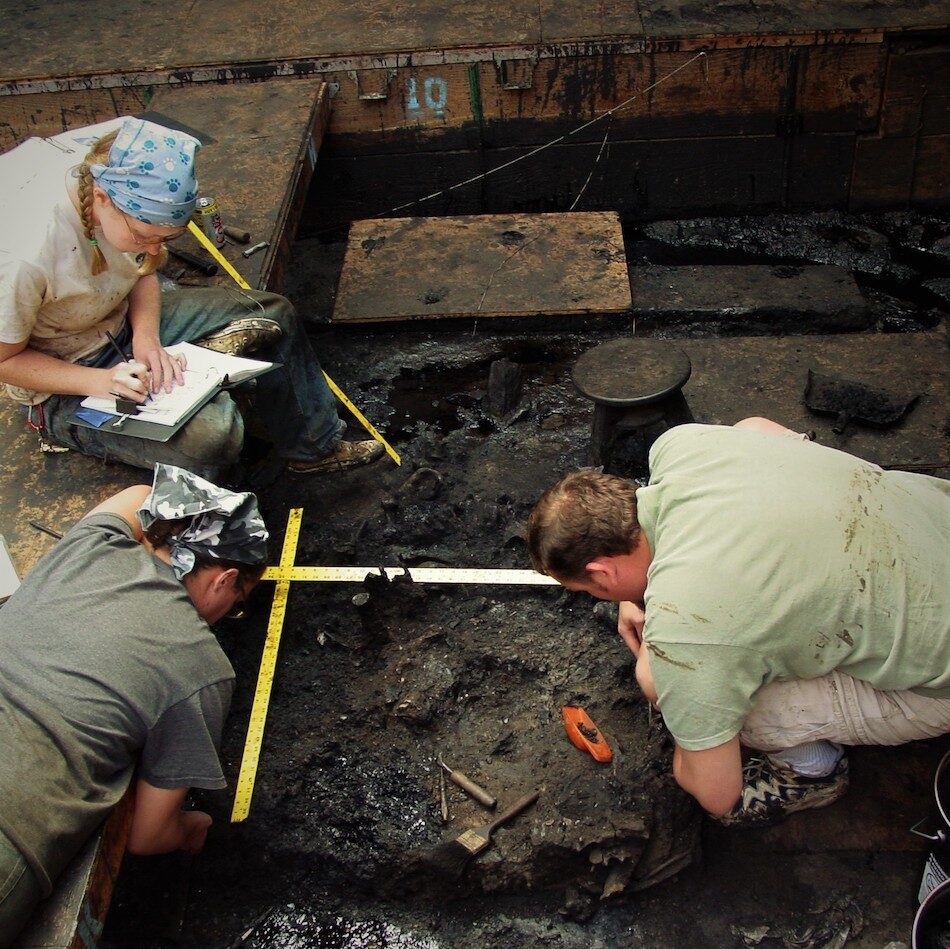
This year of lockdowns and social distancing has slowed down the pace of some research projects, but University of Michigan School of Information’s Andrea Thomer has found that there is some benefit to having thousands of people at home, on the computer, bored with Netflix bingeing.
Thomer, an assistant professor at UMSI, has been collaborating with teams in Michigan and California to use the citizen science platform Zooniverse to digitize decades of archival data. Zooniverse allows volunteers from across the world to participate in ground-breaking research from their homes under the guidance of research professionals.
“I have long been interested in using community science platforms like Zooniverse to mobilize, curate and transcribe natural history data,” says Thomer.
In fact, one of the first papers Thomer wrote was a team project transcribing natural history field notes on WikiSource, which led to early conversations developing the Notes From Nature platform for crowdsourced natural history field notes transcriptions, now part of Zooniverse.
“I hadn’t used Zooniverse for my own projects before, but have always been interested in trying it out,” says Thomer. “It’s an incredibly popular platform, and there have been numerous examples of the data collected and curated through the site being used in impactful scientific research.”
At U-M, Thomer is working with a multidisciplinary team including project lead Karen Alofs, U-M researchers Justin Schell, Hernán López-Fernández, Randy Singer and Michael Lenard, and Kevin Wehrly at the Department of Natural Resources, on a Michigan Institute for Data Science (MIDAS) funded project to digitize archival fisheries data in order to model the impact of climate change on fish populations.
“The data for this project is on 5×7 cards from the Institute for Fisheries Research,” says Thomer. “They have a huge archive of hand collected data from “surveys” — basically, trips where people would go out and count and measure different kinds of fish in lakes — dating back to 1883.”
These surveys are crucial for resource management and ecological studies, and can help the Department of Natural Resources know how best to support fisheries and recreation, as well as help researchers track the impact of different changes to the lakes on the ecology.

“This archive is, for better or worse, not all that unusual, says Thomer. “There are untold similar archives out there, containing valuable ecological data that haven’t been transcribed into a digital database. One aim of our MIDAS project is to develop streamlined methods of digitizing and curating this data, so that other institutions could also make their data more accessible for research.”
In California, the La Brea Tar Pits and the Natural History Museum of Los Angeles County are asking volunteers to help transcribe and organize field note measurements from more than 40 years of excavations in Pit 91, one of the most abundant fossil deposits in the entirety of the Tar Pits.
“La Brea has a massive backlog of fossils that haven’t been curated, and field notes that have never been transcribed,” says Thomer. “The field notes are the only written record, albeit a partial one, of the fossils that haven’t been curated. This makes it harder for collections staff to plan for collections management. They simply don’t know what all they have.”
For Thomer, this project is a homecoming of sorts. She started volunteering at the La Brea Tar Pits as an undergraduate, and was eventually hired as an excavator, where she stayed until she left for graduate school in 2010.
“Though I was originally hired as an excavator, I became really interested in data systems and data curation, which is what essentially inspired me to pursue graduate school in information studies,” says Thomer. “My experience there was really important in shaping me personally and professionally, so I’m thrilled to continue doing work there.”
More on the Michigan fisheries project
Join “Angling for Dalta on Michigan Fishes” on Zooniverse
Join “Sedimental Values: Digging In to La Brea’s Past” on Zooniverse
Contact: Kate Cammell, UMSI New


